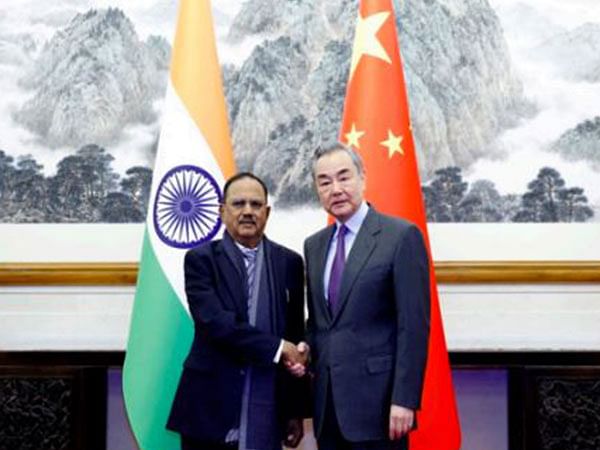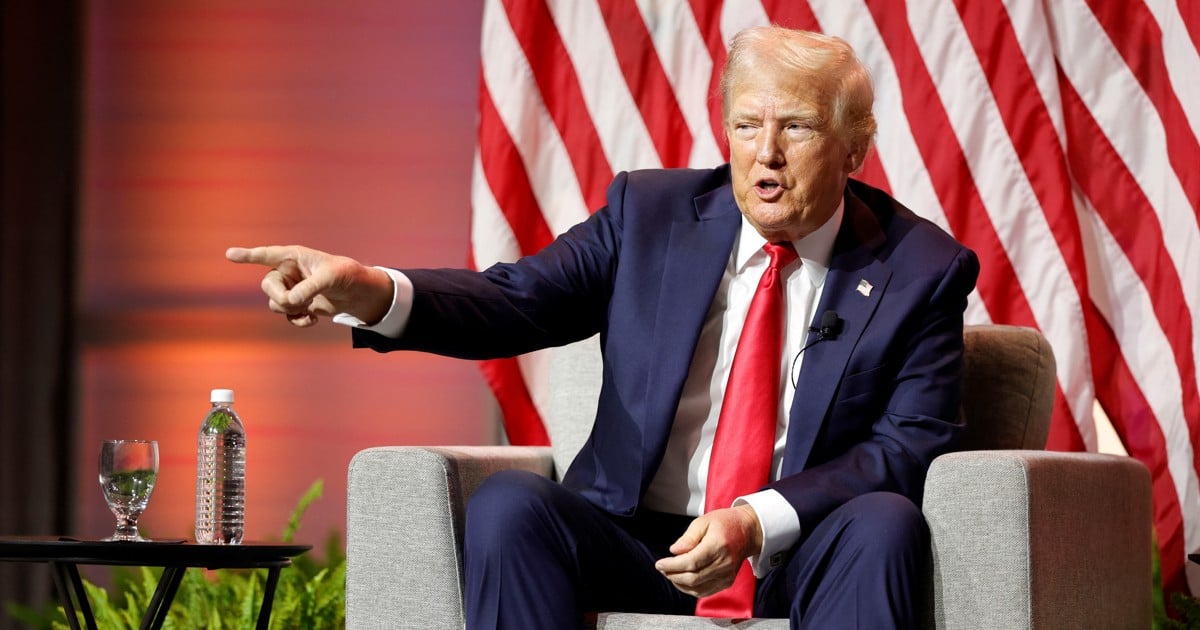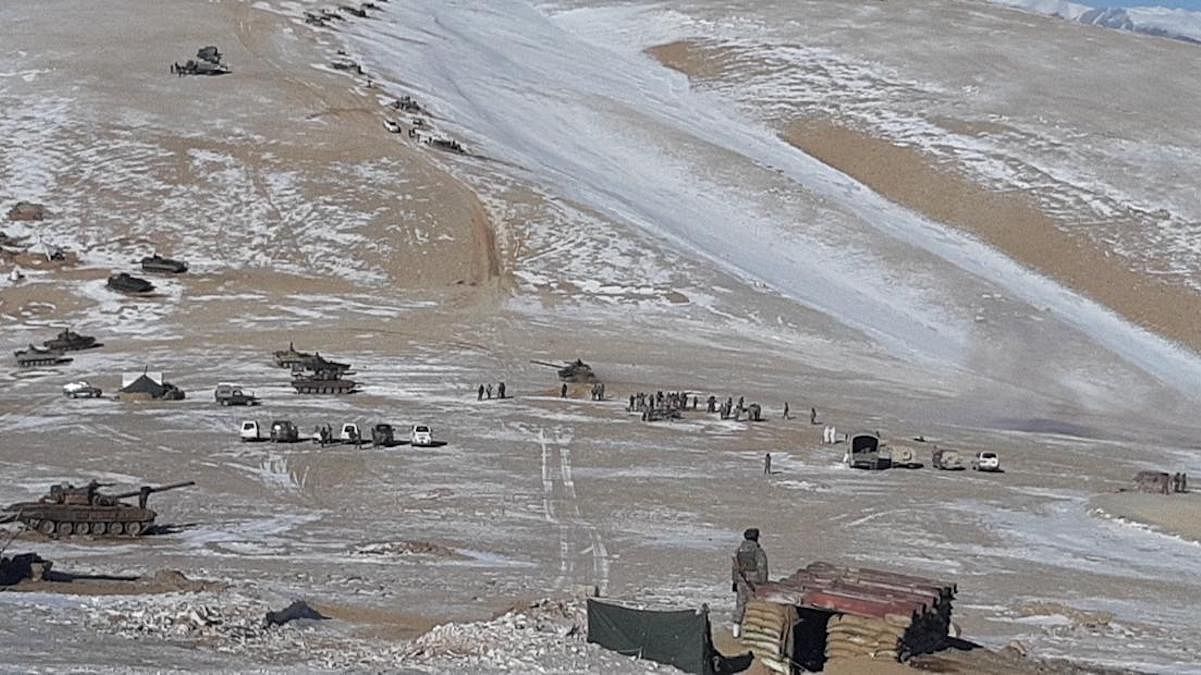


At the World Audio Visual and Entertainment Summit, Bollywood actor Aamir Khan emphasized the urgent need for more movie theaters in India. He pointed out that despite being a film-loving nation, the majority of the population does not have access to cinemas. With just 10,000 screens, India lags behind countries like the US and China, making it difficult for even the biggest movies to reach a wider audience. Khan urges investment in better infrastructure to support the growth of the film industry and realize the country's vast potential.

Amidst the ongoing border tensions between India and China, the Ministry of External Affairs announced that the Kailash Mansarovar Yatra is set to resume in 2025, with its modalities yet to be finalized. This was stated by MEA spokesperson Randhir Jaiswal in his weekly media briefing, where he also highlighted the constructive engagement between the two countries at various levels since the meeting between PM Modi and President Xi Jinping in October 2024. The External Affairs Minister, S Jaishankar, and the Chinese Foreign Minister, Wang Yi, had also met in February to discuss the resumption of the yatra and other bilateral issues.

The Indian government has announced an increase in the excise duty rates on petrol and diesel by ₹2 per litre, raising the duty to ₹13 per litre for petrol and ₹10 per litre for diesel. However, despite the hike, the retail prices of both fuels are expected to remain unchanged due to recent cuts in global crude oil prices. This decision comes in light of the ongoing trade tensions between the US and China, resulting in a drop in crude oil prices. OPEC+ group and its allies have also decided to increase crude oil production from May onwards. Follow Fortune India on social media for updates on this developing story.

Indian stock markets faced a steep decline on Monday, with the BSE Sensex falling by 5.19 percent and the broader Nifty dropping by 5 percent. This was triggered by trade tensions between the US and China, with the former imposing reciprocal tariffs on various trading partners, including India. The growing uncertainty and fears of a possible recession have led to a downturn in global markets, with major indices such as Hang Seng, Shanghai Composite, Nikkei 225, and KOSPI also witnessing a sharp decline. The heightened volatility in the markets has caused a heavy selling pressure in the Indian market, with the Nifty Smallcap 100 and Nifty Midcap 100 also facing significant losses.

President Trump announced new tariffs on major trading partners, including India and China, during a speech at the White House on April 2. These "reciprocal tariffs" match the duties these countries have imposed on US goods, with India set to face a 26% tariff and China set at 34%. The tariffs will go into effect on April 9 at 12:01 am local time, sparking concerns for industries such as automobiles, with companies like Volkswagen already taking action to mitigate the impact.

The ongoing tensions between India and Pakistan have created a lucrative arms market for major exporters like the US, France, Russia, and China. While the US sells to both sides, France and Russia see the benefits of cultivating relationships with both countries. China, on the other hand, sells exclusively to Pakistan as it sees the Indian Ocean as a potential frontier. Interestingly, Germany, one of the world's top exporters, only sells to India due to its growing economic ties and past conflicts. This complex arms race raises concerns about the consequences of fueling the tensions between two nuclear-armed nations.

In a fiery post on his new social media platform, Donald Trump has warned BRICS countries against any attempts to move away from the US dollar in global trade. The former US President has threatened to impose 100% tariffs on these countries and cut off their access to the US market if they continue with plans to create an alternative currency. Trump's statements highlight the ongoing struggle between the US and emerging economies like India, China and Brazil, who seek to reduce their dependence on the US dollar and increase financial integration among BRICS nations.

After meetings between India's Foreign Secretary and China's key leaders, the two countries have announced plans to repair their relationship, including resuming the Kailash Mansarovar Yatra and reinstating direct flights. However, the finer details of their statements reveal potential discrepancies in their approach. India emphasizes reviewing their relations and taking people-centric steps, whereas China highlights consensus and development. While both nations agree on restarting the Kailash Mansarovar Yatra, China expresses a sense of urgency in its statement.

In a significant move to normalize their relations, India and China announced a series of measures, including resuming Kailash Mansarovar Yatra and restoring direct flights, after completing the disengagement of troops in eastern Ladakh. The two countries have also agreed to hold an early meeting to discuss resuming the provision of hydrological data and other cooperation pertaining to trans-border rivers. This comes after Foreign Secretary Vikram Misri held talks with Chinese Vice Foreign Minister Sun Weidong and met other Chinese officials to review the state of bilateral relations and take steps towards stabilizing and rebuilding ties.

After a long hiatus caused by border tensions, India and China have finally agreed to resume the Kailash Mansarovar Yatra and direct flights between the two countries. Indian Foreign Secretary Vikram Misri and Chinese Foreign Minister Wang Yi have made this decision during a special representative meeting. Along with this, the two nations have also agreed to promote people-to-people exchanges and facilitate cross-border river cooperation. The resumption of these bilateral mechanisms is seen as a positive step towards improving India-China relations on political, economic, and social levels.